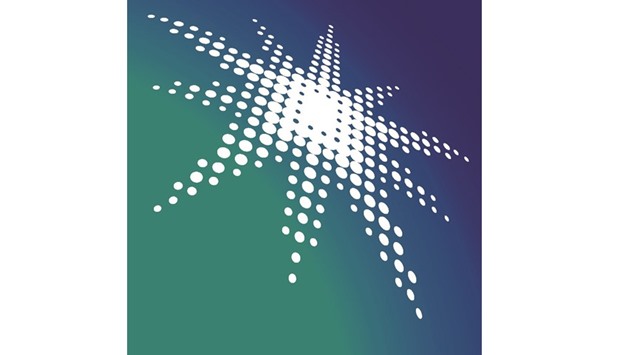Sometime in the next few weeks, Saudi Arabia is expected to release a National Transformation Plan (NTP) designed to restructure its economy so that it no longer relies so heavily on oil.
The plan, covering the next five years, is not yet complete and details are still secret. But the following policies are being drafted, according to public and private comments by officials, consultants and businessmen involved in drawing up the scheme.
PRIVATISATION
Eighteen sectors have been identified for possible privatisation. In many cases that is likely to mean sales of minority rather than controlling stakes in companies. Up to 5% of national oil giant Saudi Aramco is to be offered, and possibly stakes in downstream subsidiaries of the company. Other candidates include the postal system, the ports authority, Saudi Arabian Airlines, state hospitals and even soccer teams.
PRIVATE SECTOR INVESTMENT
Officials plan to create “free zones” near airports to attract foreign businesses. The zones will offer attractive visa and tax rules and streamlined licensing procedures. Ministries, including education and health, will seek private investment in some of their operations. The government aims to attract private investors for tourism projects in undeveloped regions. Expect a heavy emphasis on contracts that require private firms to finance and operate infrastructure projects in exchange for revenues generated by the projects.
REGULATIONS
The Council of Economic and Development Affairs is to announce 133 measures to improve the transparency and consistency of laws that affect business. Saudi Arabia currently comes 82nd in the World Bank’s “ease of doing business” ranking, behind countries such as Russia and Tonga.
GOVERNMENT EFFICIENCY
Ministries will be assigned rigorous numerical targets known as ‘key performance indicators’. They will be encouraged to convert some operations into independent commercial firms in the hope they can become more efficient even if they remain state-owned.
FINANCIAL RESERVES
Expect the government to invest its petrodollars more aggressively in international markets and assets, seeking higher returns and stakes in companies that can help with NTP projects. The Public Investment Fund will play a much bigger role in managing national wealth, taking over assets such as Saudi Aramco, which would take the fund’s size above $2tn.
FISCAL REFORMS
The government aims to balance its budget by 2020 through further cuts in energy subsidies, tax increases and higher fees. For example, a Gulf-wide value-added tax of up to 5% will be introduced in 2018; more money will be raised by charging companies to import foreign labour. The budget deficit was $98bn in 2015.
LABOUR REFORMS
The government aims to create an additional 1.3mn jobs for Saudi citizens over the next few years, partly by restricting or even prohibiting foreign nationals from working in sectors such as travel and tourism, real estate, jewellery and vegetable markets.

Up to 5% of national oil giant Saudi Aramco is to be offered, and possibly stakes in downstream subsidiaries of the company
